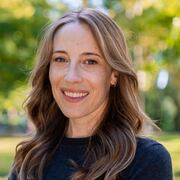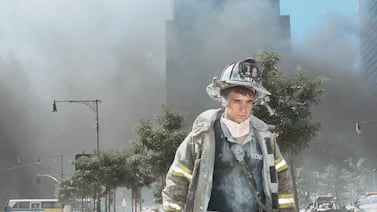Partly due to climate change, the average allergy season has grown by over three weeks since 1970, with higher pollen counts exacerbating allergies and respiratory conditions.
Low-income kids, pregnant women, babies, adults with disabilities, and many seniors rely on the program.
Two New York City house cats died from bird flu after eating raw pet food, and researchers found the virus survives the aging process in raw milk cheese.
A 4-year-old child recently died from possibly ingesting fentanyl in a Brooklyn shelter.
Children and adults who live near high-traffic areas are disproportionately exposed to air pollution, putting them at greater risk for respiratory conditions.
DOGE abruptly cut funding to a 9/11 first responder health program — only to reverse its decision days later.
A lot is unfolding at the national level, including the recent firing of about 1,300 federal health agency employees. We’re still learning about the impacts of the layoffs, but the direct impacts on New Yorkers are minimal.
Federal changes are happening at lightning speed, and while they may seem high-level or far away, they can have direct and indirect impacts on New Yorkers' health.
In the U.S. public health system, local and state health departments collect and own the data rather than the federal government. With uncertainties surrounding federal data sharing, this provides a sort of firewall.
Since 2011, ICE has not been allowed to arrest people in “sensitive locations,” including hospitals, schools, daycare centers, and places of worship. Last week that policy was revoked.











